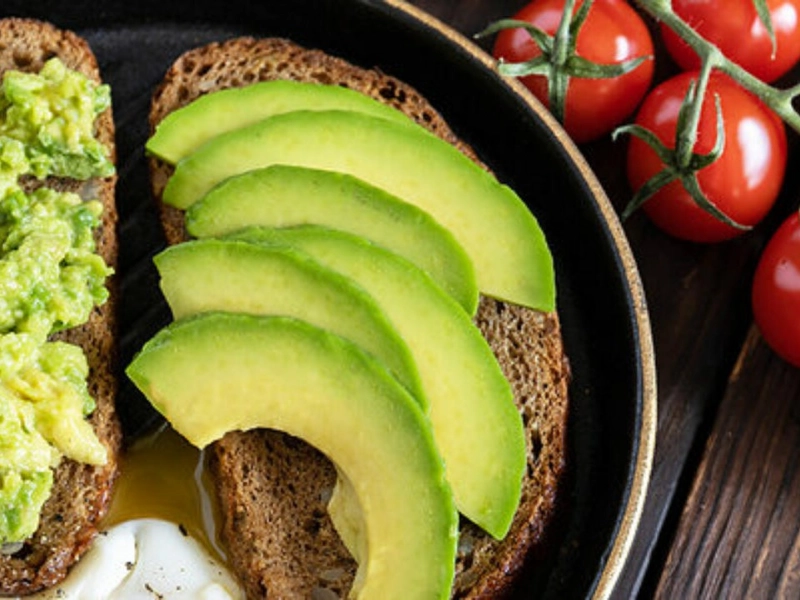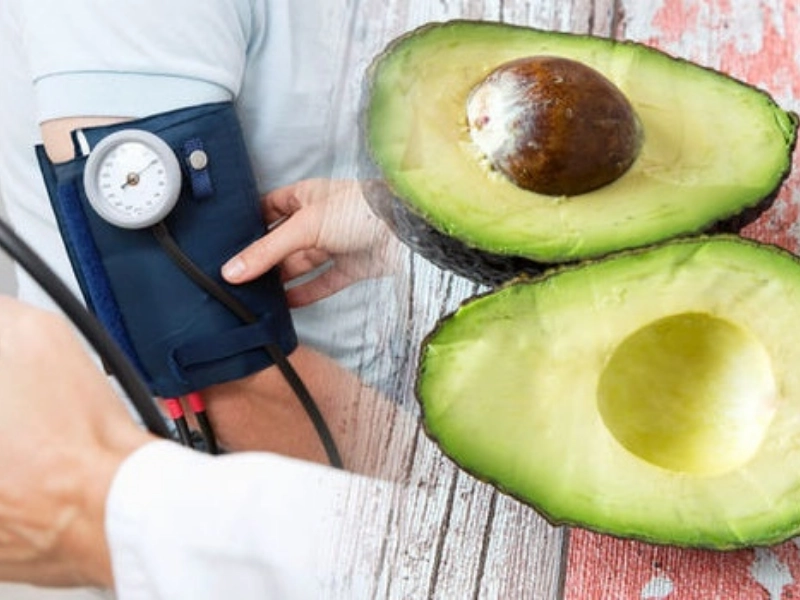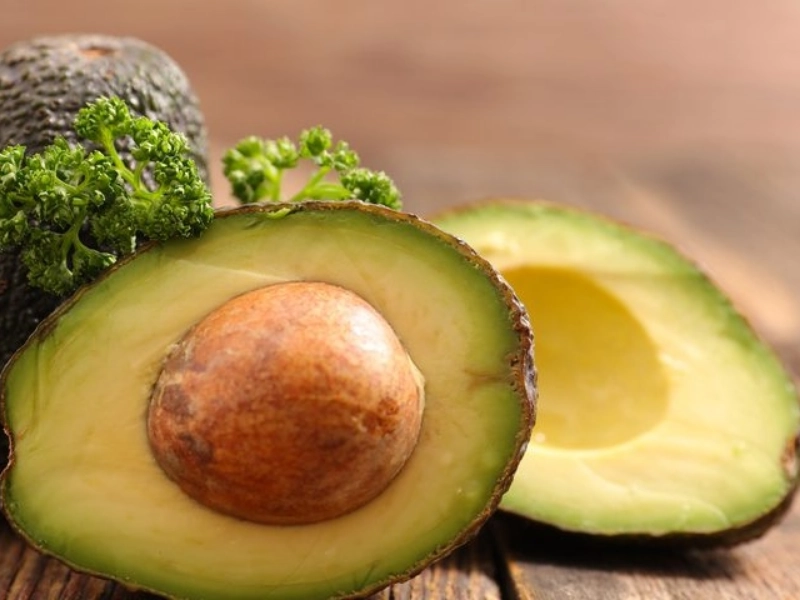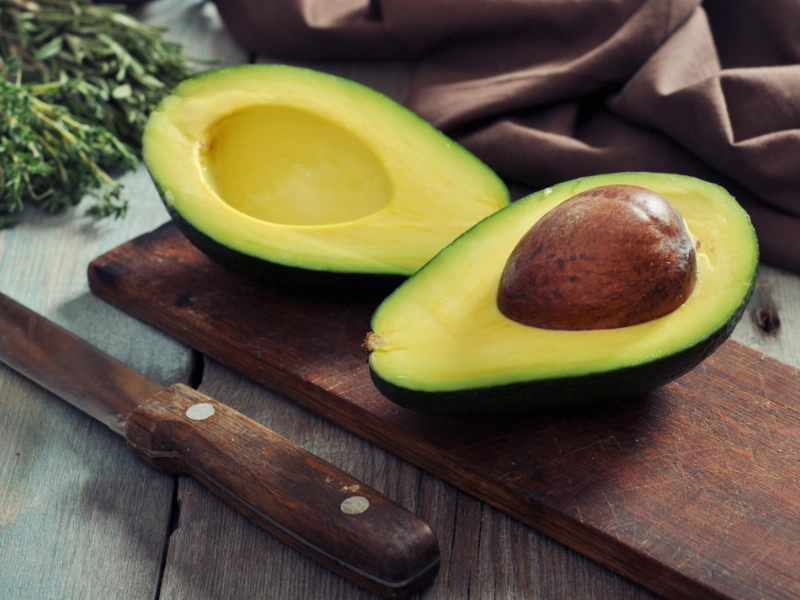Besides being the latest food craze, avocados are also an important source of antioxidants and nutrients that are good for heart health. These include high amounts of monounsaturated fats, potassium, vitamin C, and folate. They contain monounsaturated fatty acids that are beneficial for heart health and cholesterol-lowering beta-glucosterol. They are also a good source of potassium, which can ease tension in blood vessel walls and help the body eliminate sodium, two substances that can lower blood pressure.

 Carotenes are antioxidants and are abundant in avocados, especially xanthophylls and corn xanthophylls. Many fruits and vegetables are orange and yellow because these fat-soluble plant pigments are also associated with many health advantages. In the body, they are converted into the active form of vitamin A, which is necessary for healthy skin and eyes, and has immune system and anti-inflammatory properties. A recent study has found that eating avocados and tomatoes, especially those with rough, dark skin, can increase the levels of these nutrients in the blood. The study authors speculate that this is because the fatty acids in avocados help the body absorb these powerful antioxidants. Another study using the same NHANES database found that edible avocados and other foods rich in plant sterols, such as sesame, almonds, and rapeseed oil, are associated with lower cholesterol levels. In this case, the authors say, it may be due to increased activity of enzymes that break down and absorb cholesterol in the digestive tract.
Carotenes are antioxidants and are abundant in avocados, especially xanthophylls and corn xanthophylls. Many fruits and vegetables are orange and yellow because these fat-soluble plant pigments are also associated with many health advantages. In the body, they are converted into the active form of vitamin A, which is necessary for healthy skin and eyes, and has immune system and anti-inflammatory properties. A recent study has found that eating avocados and tomatoes, especially those with rough, dark skin, can increase the levels of these nutrients in the blood. The study authors speculate that this is because the fatty acids in avocados help the body absorb these powerful antioxidants. Another study using the same NHANES database found that edible avocados and other foods rich in plant sterols, such as sesame, almonds, and rapeseed oil, are associated with lower cholesterol levels. In this case, the authors say, it may be due to increased activity of enzymes that break down and absorb cholesterol in the digestive tract.
 Avocados are high in fiber, which helps lower blood pressure. They also contain potassium, folate, and vitamins A, K, and E. They are a heart-healthy food and are well-integrated into most diet plans. Studies have shown that they contain oleic acid, a monounsaturated fat, which may help lower high blood pressure, triglyceride, and cholesterol levels. They are also a good source of beta-glucosterol and vitamins C and E, beta-glucosterol is a plant sterol that helps reduce symptoms of enlarged prostate. Long-term studies have found that people who consume high amounts of fiber have a 25% reduced risk of developing cardiovascular disease. In addition to helping with weight loss, a high-fiber diet can lower triglycerides and blood sugar levels, all of which are important for cardiovascular health.
Avocados are high in fiber, which helps lower blood pressure. They also contain potassium, folate, and vitamins A, K, and E. They are a heart-healthy food and are well-integrated into most diet plans. Studies have shown that they contain oleic acid, a monounsaturated fat, which may help lower high blood pressure, triglyceride, and cholesterol levels. They are also a good source of beta-glucosterol and vitamins C and E, beta-glucosterol is a plant sterol that helps reduce symptoms of enlarged prostate. Long-term studies have found that people who consume high amounts of fiber have a 25% reduced risk of developing cardiovascular disease. In addition to helping with weight loss, a high-fiber diet can lower triglycerides and blood sugar levels, all of which are important for cardiovascular health.
 Avocados are rich in potassium, which balances the effects of salt and minerals for preventing high blood pressure. A 2021 study found that people who eat two or more avocados per week have lower blood pressure and are less likely to suffer from heart disease. Avocados also contain nitrates, which are converted into nitric oxide and help increase circulation and blood flow. In addition to being beneficial for heart health, this fruit is a good source of oleic acid, a monounsaturated fat that can lower inflammation in the cardiovascular system. It's an easy way to get avocados into your diet. You can also put them on whole wheat toast or wrap them in bread or sandwiches. It's healthier than high-fat spreads like butter and mayonnaise. Gently press the skin of the avocado to get a ripe avocado. If it gives in to light pressure and doesn't dent, you can eat it. This fruit can be left in a paper bag or on the counter for a few days, but not longer.
Avocados are rich in potassium, which balances the effects of salt and minerals for preventing high blood pressure. A 2021 study found that people who eat two or more avocados per week have lower blood pressure and are less likely to suffer from heart disease. Avocados also contain nitrates, which are converted into nitric oxide and help increase circulation and blood flow. In addition to being beneficial for heart health, this fruit is a good source of oleic acid, a monounsaturated fat that can lower inflammation in the cardiovascular system. It's an easy way to get avocados into your diet. You can also put them on whole wheat toast or wrap them in bread or sandwiches. It's healthier than high-fat spreads like butter and mayonnaise. Gently press the skin of the avocado to get a ripe avocado. If it gives in to light pressure and doesn't dent, you can eat it. This fruit can be left in a paper bag or on the counter for a few days, but not longer.